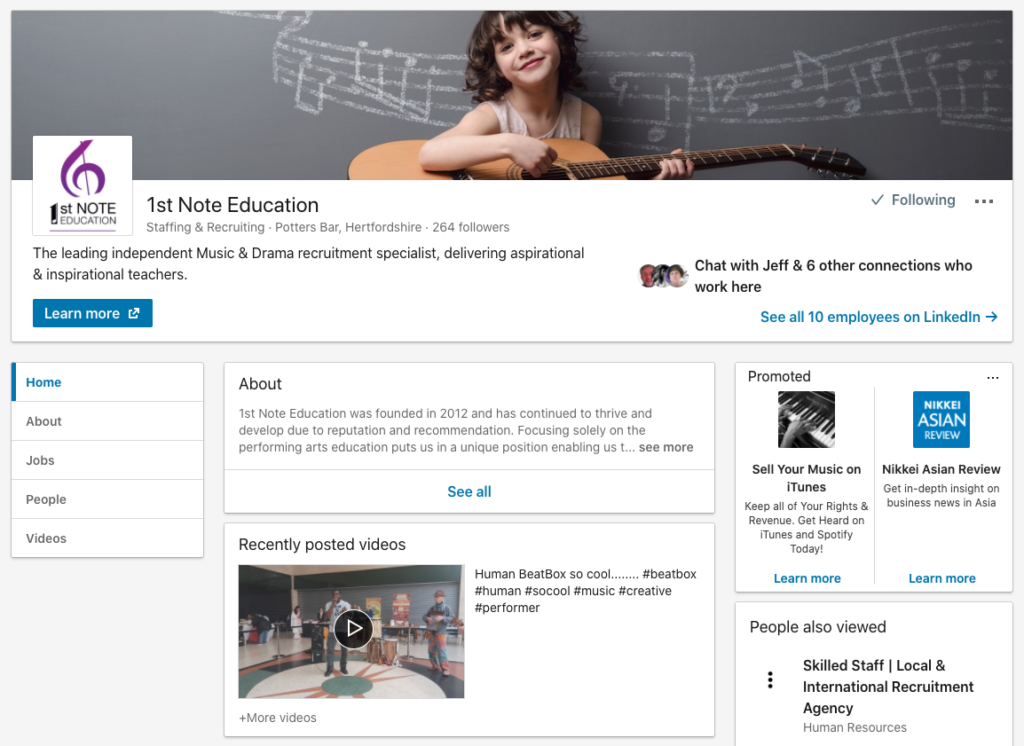The back to school blues
It’s funny how NQTs and teacher still new to the job start a new year bright-eyed and bushy tailed, whereas teachers that have been in the profession for a while find it difficult going back.
The six weeks summer holiday is a long period to have off of work, and like with any occupation, it would be quite difficult finding the motivation to want to go back to work… especially if you are dealing with 30 boisterous time bombs ready to cause chaos at any moment. For most teachers there isn’t a lot of rest over the summer holidays anyway, with lots of planning to be done, designing and decorating classrooms, getting used to new topics and schemes of work, and so on. Having said that, most full time teachers will get paid over the holidays, whether it be summer or Christmas or Easter or any other holiday for that matter. It is traditionally British to have a moan! But remember… there is always someone more worse off than yourself!
On that note… I am going to leave you with a little blog I found on TES website that coincides.
‘First day back blues? Teachers in the UK don‚Äôt know how good they’ve got it’
4th January 2016 at 12:11
At the heart of every school should be the child. Every aspect of school life should cater for the needs of the child. The physical building should mould around them, with every nook and cranny being used to optimise learning. Finances should be poured into well-intentioned adults who aspire to inspire. It should be a space where every individual child is made to feel valued.  
Despite the challenges in the UK system, by and large this is the environment I left behind when I fled England in search of a new experience in the kingdom of Saudi Arabia. If you are feeling weary of teaching in the UK, you should see how bad things can really be by stepping in to my shoes.
The sun, the city and the spirituality did not disappoint. But the business culture of school life has made me question my professionalism every day. Titles of chairman, business managers and parent relation officers intrude into discussions where only children should be involved. The “customer” has become the priority; parents dictate what should rightfully be the decision of the teacher. Integrity and ethics are constantly compromised as glorified images of a well-equipped school cover the reality of an organisation where very little order exists.
As a teacher my voice has become¬†insignificant: decisions are based on finance not on the learning needs of my class. Exams are a marketing tool where the steering of positive results could attract more customers. I am at the bottom of a hierarchical pyramid: at the top is the chief executive, protecting his investment while the managers below him play a balancing act where finance and marketing collide with the real purpose of educating children. But of course, as a highly experienced and sincere teacher, I am never going to neglect my duty to help my class progress and continue to grow as well mannered, confident children. That is not the issue. But can I continue to work in an educational establishment where I am simply seen as an employee? Where decision-making that affects my day-to-day professional interaction within the school does not involve my input?¬†And most importantly, can I cope in a working environment where education is secondary to marketing and profit margins? Teachers in the UK don‚Äôt know how good they’ve got it.¬†









